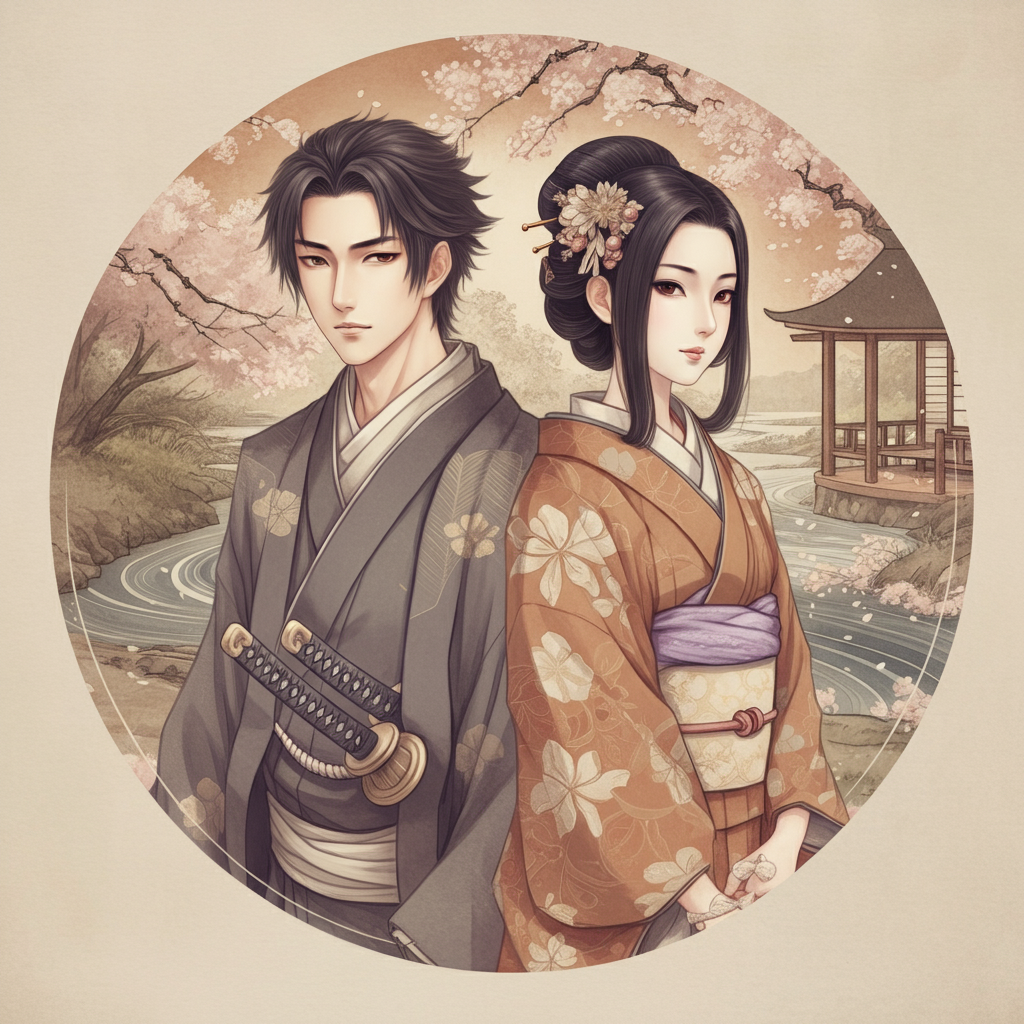In the rich tapestry of Japanese history and culture, stories of love, loyalty, and duty have long captured the imagination of many. Among these timeless narratives, “Tonnosuke Uchi No Yome San Kakkokari“ stands out as a compelling tale that embodies the virtues of devotion and honor through the relationship of Tonnosuke Uchi and his beloved wife. This story not only highlights the personal bonds that transcend time but also reflects the societal values deeply rooted in Japanese tradition.
The Background of Tonnosuke Uchi
Tonnosuke Uchi was a prominent figure in his era, known for his leadership, integrity, and dedication to his family and community. His reputation as a noble and honorable man set the stage for a story that would be remembered for generations. Central to this narrative is his relationship with his wife, affectionately known as “Yome San,” a woman whose unwavering loyalty and love played a vital role in shaping their shared destiny.
The Story of Love and Loyalty
The tale begins with the union of Tonnosuke and his wife, a marriage founded on mutual respect and deep affection. Despite the societal expectations and hardships of their time, their bond remained strong. The wife, Yome San, exemplified devotion, standing beside her husband through various trials—be it political upheaval, personal loss, or the demands of duty.
One of the most poignant aspects of their story is her unwavering loyalty during times of crisis. When Tonnosuke faced difficult decisions or danger, she remained a steadfast supporter, offering wisdom, comfort, and strength. Her loyalty was not blind but rooted in a profound understanding of their shared values and commitment to their family.
The Symbolism of Loyalty and Love
Their relationship symbolizes the ideal of filial piety, fidelity, and unwavering support—values highly esteemed in Japanese culture. Yome San’s dedication exemplifies the virtue of loyalty that transcends personal interest, emphasizing that true love involves standing by loved ones in both prosperity and adversity.
This story also underscores the importance of harmony and mutual respect in relationships, principles that continue to influence Japanese societal norms to this day. The narrative serves as a reminder that love, when combined with loyalty and duty, can forge enduring bonds that withstand the tests of time.
Legacy and Cultural Significance
The tale of Tonnosuke Uchi and his wife has been passed down through generations, inspiring literature, theater, and cultural discussions. It encapsulates the ideal of a harmonious marriage based on mutual devotion and moral integrity. Their story encourages modern audiences to reflect on the timeless virtues of love, loyalty, and sacrifice.
In contemporary Japan, their story remains a symbol of the importance of steadfastness and fidelity in personal relationships. It reminds us that true loyalty is a powerful force that can strengthen bonds and create lasting legacies.
Conclusion
“Tonnosuke Uchi No Yome San Kakkokari” is more than just a historical or literary account; it is a celebration of human virtues that continue to resonate today. Through the story of Tonnosuke and his devoted wife, we learn that love and loyalty are the cornerstones of enduring relationships and the foundation of a harmonious society. Their legacy exemplifies how personal devotion can inspire generations and uphold the timeless values that define Japanese culture.
If you’d like a more specific focus or additional details, feel free to ask!


